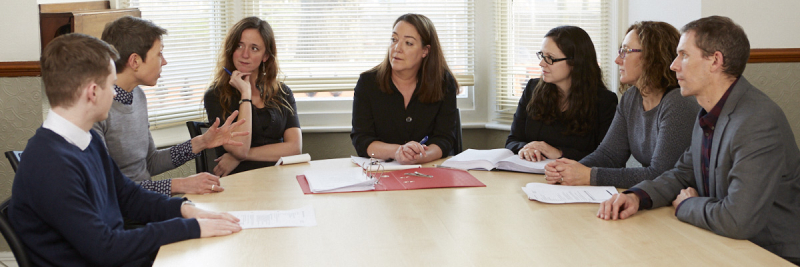The Assisted Dying Bill – How The Proposed Legislation Would Work

Legislation to allow Assisted Dying in England and Wales is back before Parliament again, with the second reading of Kim Leadbeater’s Private Member’s Bill scheduled for Friday 29 November. The last House of Commons vote on similar legislation was in September 2015, when it was rejected by 330 votes to 118.
There have been landmark cases in which individuals with terminal conditions unsuccessfully challenged the government through the High Court to change the law. Tony Nicklinson, Diane Pretty and Debbie Purdy being the best well known.
While the European Court of Human Rights has repeatedly ruled that there is no “human right” to assisted dying and that it is a matter for each state to legislate for, or not, there is a chance that this Bill will be successful.
The right to physician-assisted dying in the UK has always been, and remains, a deeply polarised debate, but public opinion is changing. The charity Dignity in Dying say that 75% of respondents to their recent poll were in favour of making it lawful for people to seek support with assisted dying; 78% of disabled respondents were in favour; as were 66% of respondents with faith.
However, there are many prominent disability activists, including disabled peers and MPs, campaigning against the proposed legislation. They fear that the Bill is “the start of a slippery slope” and that it has insufficient safeguards to protect vulnerable adults who might be coerced in to making the decision.
Although MPs will have a free vote, and the leaders of all of the main parties have urged MPs to remain neutral before the vote, prominent opinions have come out on both sides.
Justice Secretary Shabana Mahmood is strongly opposed to the Bill, as is Health Secretary Wes Streeting. Streeting has argued that NHS care and hospice provision is not currently good enough to allow people to choose assisted dying. In other words, because the NHS “is broken”, people may choose assisted dying because of the absence of good quality end of life care.
The Terminally Ill Adults (End of Life) Bill does in fact put in place stringent safeguards which are far more prescriptive than the law in the Netherlands, Belgium or Canada. A person who has a terminal illness, with a likely prognosis of less than six months, will need to make and sign a first declaration of their wishes, witnessed by their coordinating doctor and another independent person. They will then be referred to an independent doctor, who must be satisfied that the person meets the eligibility criteria, including knowing that they can change their mind at any stage and that they have mental capacity to make the decision.
After a period of reflection of at least seven days, the person can apply to the High Court for a declaration approving the assisted dying. If approved, the person is required to make a second declaration and their assisted death cannot take place until the end of a second period of reflection, which will usually be 14 days.
The Bill is very clear that a disability within the meaning of the Equality Act 2010, or a mental disorder under the Mental Health Act 1983, do not equate to a person being regarded as terminally ill. There are also stringent employment law safeguards for healthcare professionals who do not wish to offer, or discuss, assisted dying with their patients.
The person can appeal against a High Court decision not to make a declaration, but there is no right of appeal to the High Court’s decision to make a declaration. This is because it is the person’s own decision whether to proceed with the second declaration and to seek assistance in dying. As a matter of public policy, parliament is unlikely to support a right of appeal for family members who object to their relative’s decision.
If the Bill passes its second reading, it will go to House of Commons committee stage, where further work will be undertaken on the safeguards before a third reading in early summer 2025. If the Bill becomes law, it will represent a fundamental change to the legal system in England and Wales, potentially creating new battlegrounds as the divide will inevitably remain between those who agree and those who object to a person having the autonomous right to seek assisted dying.
While it is true that the hospice system is chronically underfunded, in my professional and personal experience, terminally ill adults who talk about the principle of assisted dying do so because it would allow them final autonomy, not because they fear that palliative care will be inadequate.
I believe the aims of this Bill are an important step in giving adults with terminal conditions the right to choose and manage their end of life care. I also believe that the proposed legislation has sufficient safeguards to protect the vulnerable from being coerced into assisted dying.
Contact our Community Care law team on 01273 609911, or email info@ms-solicitors.co.uk.


